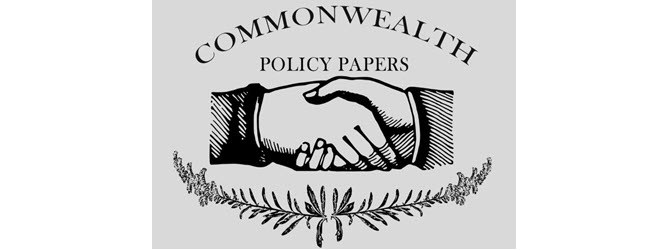
Abstract
In March 2021, the Kentucky General Assembly passed House Bill 321 (Acts Chapter 203) authorizing the creation of a tax increment finance (TIF) district within the West End of Louisville. Designed to spur community-wide economic development, it set up a public-private nonprofit partnership. Known as the West End Opportunity Partnership (WEOP), this 21-seat board include community representatives and has sole control over any fund disbursement. Funds can be used towards a broad array of investments including small business loans, financing affordable housing units, home improvements, etc.
Residents within the district have expressed opposition to the TIF, skepticism towards the board which has caused members to resign, and fears of displacement/gentrification at the prospect of large-scale commercial & residential development. This is in spite of unique policies measures put in place which set this legislation apart from other opportunity zone designs- including crediting the difference in property value change.
This brief reports new policy recommendations at local, state, and federal level to mitigate community concerns with the WEOP, and improve QOZ's, from a "trickle down" approach synthesizing feedback of staff in Congress behind the design of Federal Qualified Opportunity Zones and knowledge obtained from state legislators and local publications. These recommendations are aimed at increasing direct transparency and allowing the equitable investment needed to re-invigorate the West End community and grow new generational wealth.
Recommended Citation
Avert, Justin and Kessler, Samuel C
(2023)
"Maximize “West End Opportunity” in America: Alternative policy options to address perceived drawbacks of Tax Increment Financing (TIF) & Opportunity Zones,"
Commonwealth Policy Papers: Vol. 2:
Iss.
2023, Article 1.
Available at:
https://ir.library.louisville.edu/cpp/vol2/iss2023/1
Included in
Infrastructure Commons, Law and Economics Commons, Legal Writing and Research Commons, Legislation Commons, Policy Design, Analysis, and Evaluation Commons, Public Policy Commons, Social Justice Commons, Urban, Community and Regional Planning Commons, Urban Studies Commons, Urban Studies and Planning Commons
